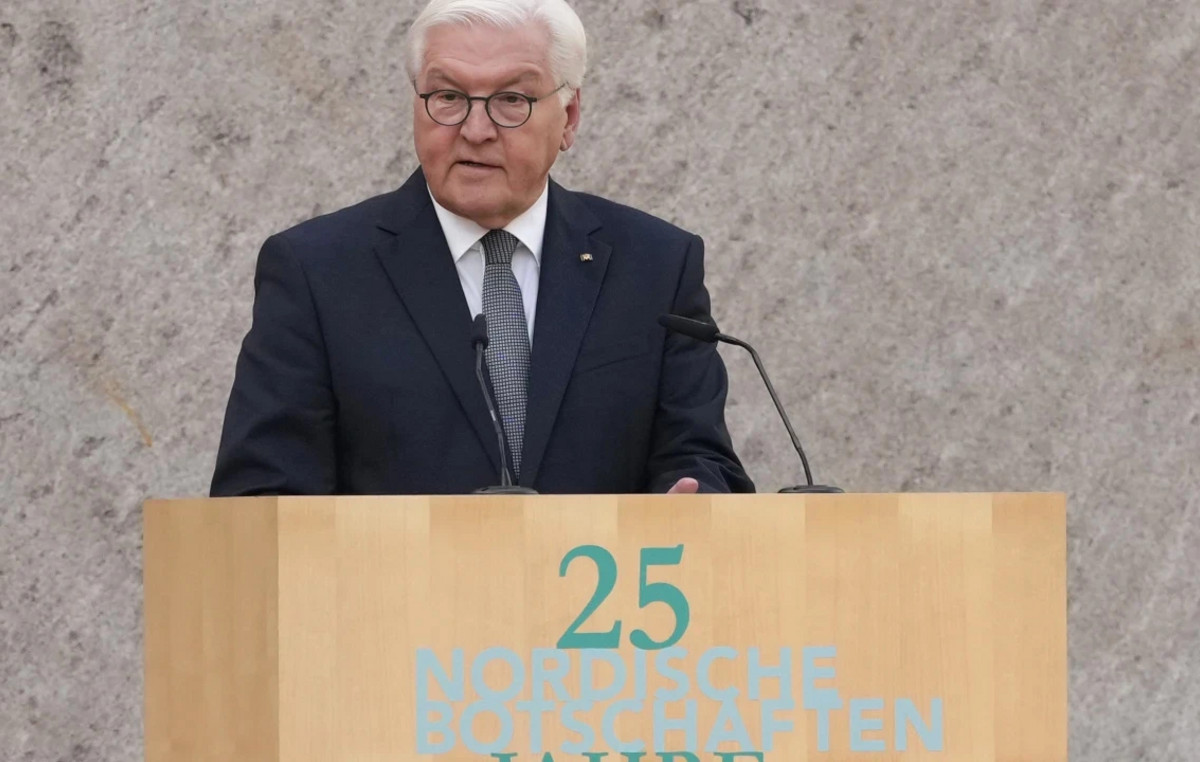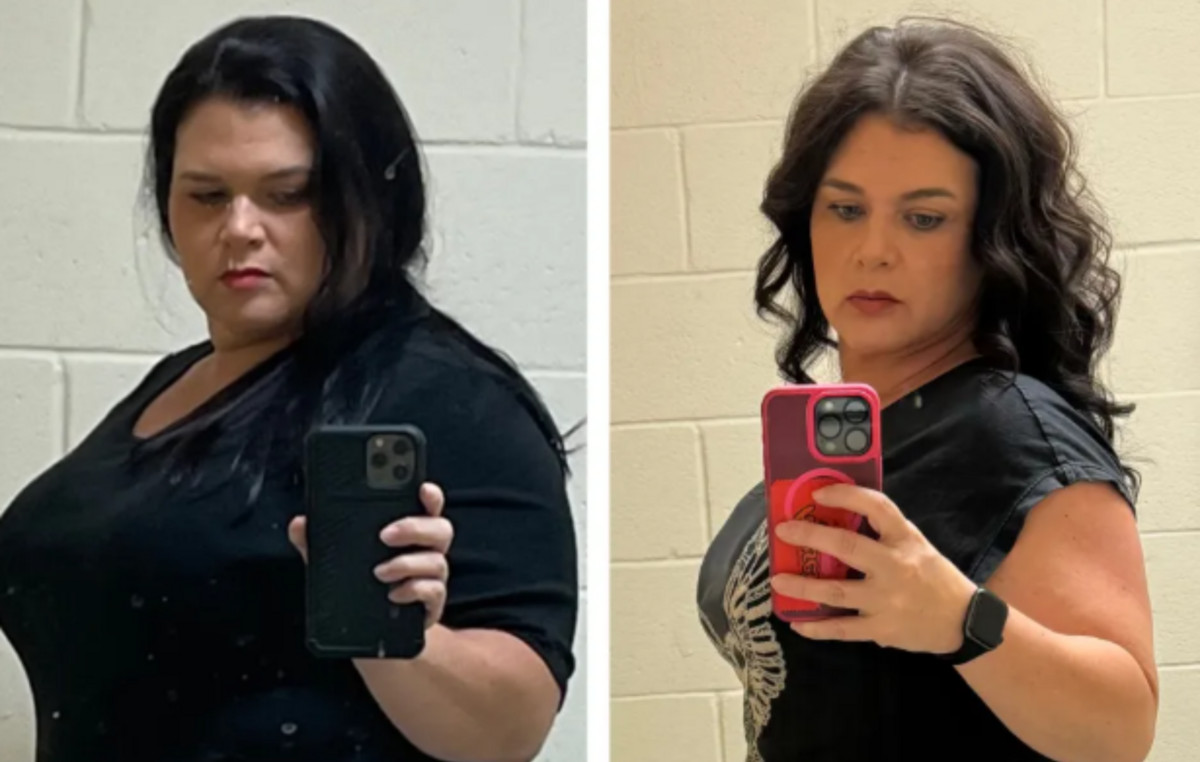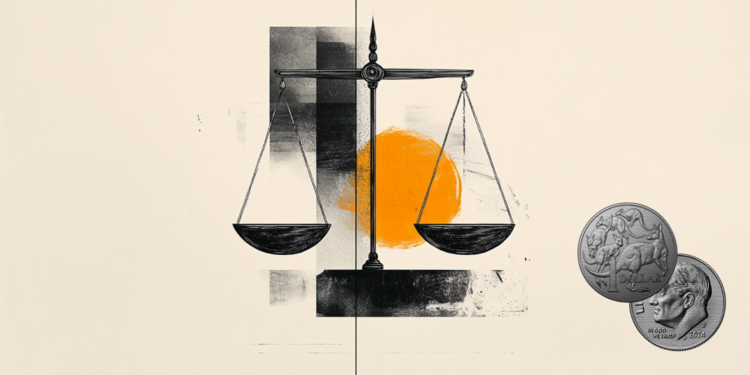One of The unwritten rule of TV series is that they don’t last too long so that they do not lose their bite and effectiveness. This is why, although we would have liked to have had them for a few more years, it’s right that Sex Education concluded its narrative journey after 32 episodes and 4 intense seasons. There has been a lot of discussion about its conclusion (no spoilers for those who haven’t seen the new episodes yet), but many, not just its fans, agree in considering this series one of the best of its genre, as well as one of the best of his years. The reason is very simple: Sex Education has finally explored sexuality, in such a delicate period as adolescence, in a non-rhetorical, brilliant way, with the right amount of in-depth analysis and without any type of taboo.
The Moordale High School and its students have become familiar characters with whom to explore their doubts, related to growth and sex, as had never been done before. There are many series dedicated to teenagers, but none (or few, including Heartstoppersfor example) was able to combine the stories of the individual protagonists so well with themes dedicated to sexuality. For the first time, we saw on a screen what being asexual entailed, without falling into easy stereotypes, or the process of discovering oneself when one is bisexual, an orientation which, for many, is defined as a “passing phase” because, in a world that always wants to be binary, it is difficult to understand to be attracted to both worlds. Or again, the awkwardness of one’s “first time” which is never romantic, perfect and free of embarrassment or painas it has always been told in films and TV series, thus creating expectations that could only be unexpected.
The other merit of Sex Education is to have managed to evolve and mature through its protagonists and to never consider them as static subjects to be pigeonholed into a certain category: we all change and above all we all did so in a period which, par excellence, serves to define ourselves and lay the foundations for who we will become once adults. Together with them, the audience also grew, managing to leave aside, at least for the entire duration of the episodes, their discomforts and fears. On the contrary, perhaps the best idea is to watch this series, even if you have already passed the age of 17 for a while, or if you have children, brothers, sisters or nephews of this age because there is nothing better than opening a dialogue on these topics and perhaps exorcise one’s own adolescent “traumas”, finally understanding that what we felt or experienced was not wrong at all.
Source: Vanity Fair
I’m Susan Karen, a professional writer and editor at World Stock Market. I specialize in Entertainment news, writing stories that keep readers informed on all the latest developments in the industry. With over five years of experience in creating engaging content and copywriting for various media outlets, I have grown to become an invaluable asset to any team.







